Environment Virginia’s 2023 Priorities
Environment Virginia outlines our legislative and program priorities for the coming year as we work to reduce plastic pollution, defend climate progress and protect the Commonwealth's wildlife and special places at the local, state and federal level.
Clean water to drink and clean air to breathe; healthy beaches, lakes and rivers that are safe for swimming and fishing; preserved open spaces; clean sources of energy that don’t pollute and never run out — all this should be the heritage we leave to future generations. Defending our environment requires independent research, tough-minded advocacy and spirited grassroots action. That’s the idea behind Environment Virginia. Together with thousands of supporters from all walks of life, we take the kind of action that wins results.
In recent years, Virginia reduced our plastic pollution by passing a ban on single use foam cups and take out containers, transitioning to cleaner, all-electric vehicles, and breaking ground on the nation’s first wind farm in federal waters. With a divided political landscape, it is more important than ever to find common ground around the environmental values so many Virginians across the Commonwealth share. Our program agenda for 2023 lays out our vision for what we hope to accomplish in the coming year to make Virginia greener this year.
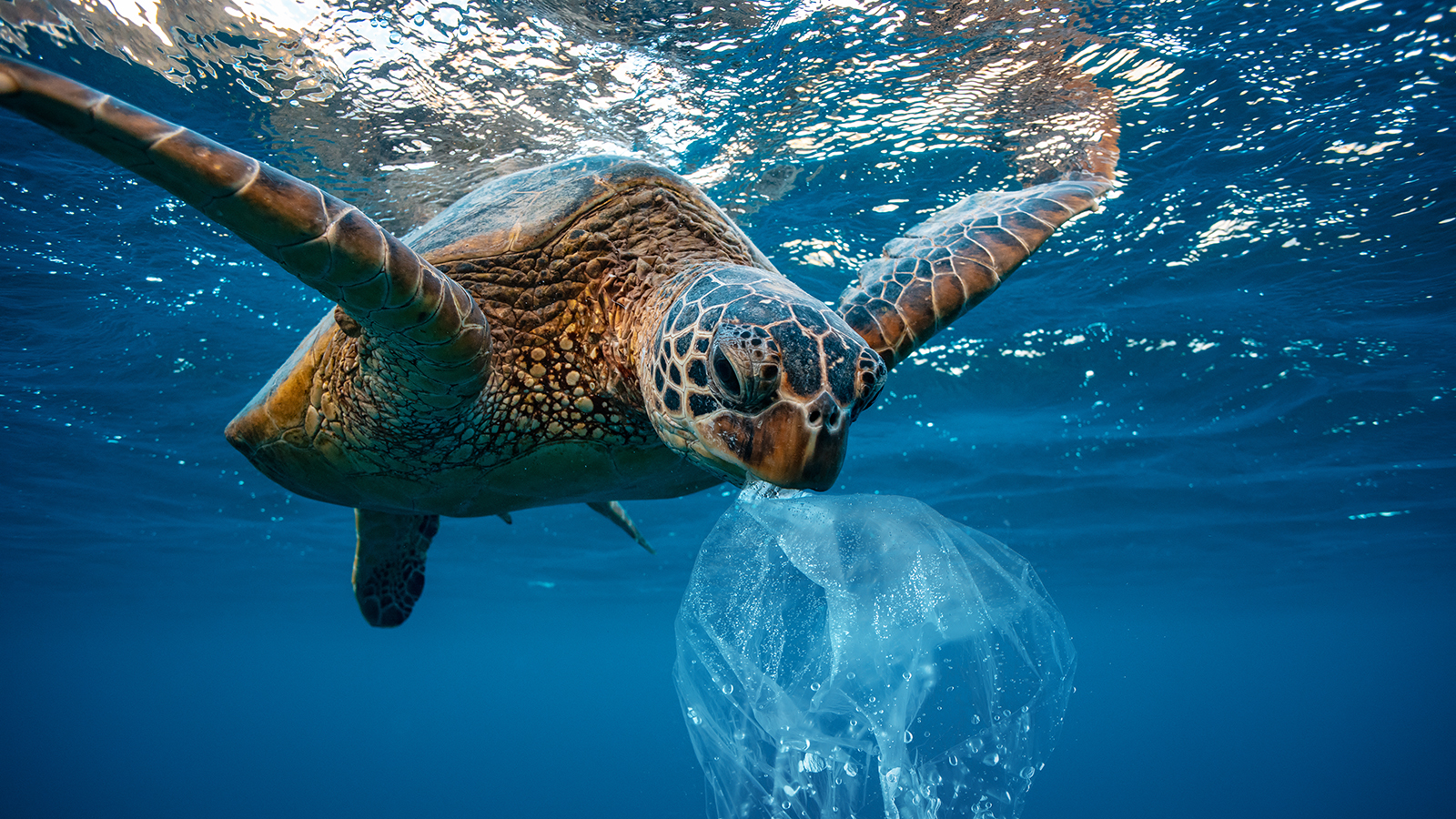
Reducing Plastic Pollution & Litter
Pollution is a major issue for Virginia’s waterways and the iconic Chesapeake Bay. Increasingly single use plastics and other litter have become a top pollution issue for our wildlife and ecosystems. Every day people are throwing away tons of single-use cups, containers and other plastic “stuff.” Nothing we use for a few minutes should be allowed to pollute Virginia’s coast and rivers and threaten wildlife for centuries.
In 2023 Environment Virginia supports:
- Adopting producer responsibility policies, which hold companies financially responsible for the waste their products create and incentivize less and better packaging design in the first place.
- Establishing incentives to increase proper recycling by adopting a beverage deposit program. Beverage containers are among the most litter items in Virginia and “Bottle Bills” are proven to reduce litter and improve recycling efforts. We support Virginia pursuing this solution.
- Continuing action to reduce the most harmful single use plastics. In the short term, we support cities and counties putting fees on plastic bags with the long term goal of revisiting statewide action.
- Reducing electronic waste through “right to repair” policies. From farm equipment to everyday electronics, companies make products that are not meant to last while also making it near impossible or illegal to repair. This ultimately means more energy, pollution and waste. We support Right to Repair laws that increase durability and repairability of our stuff which will ultimately reduce waste.
- Protecting Virginia’s progress reducing single use plastics. In 2021, Virginia became the 6th state to pass a statewide ban on polystyrene, banned intentional balloon releases and has taken significant action eliminating other single use plastics. Last year, the foam ban was delayed and state agency efforts were halted. We will work to reverse rollbacks, protect remaining victories and ensure they are implemented and enforced properly.
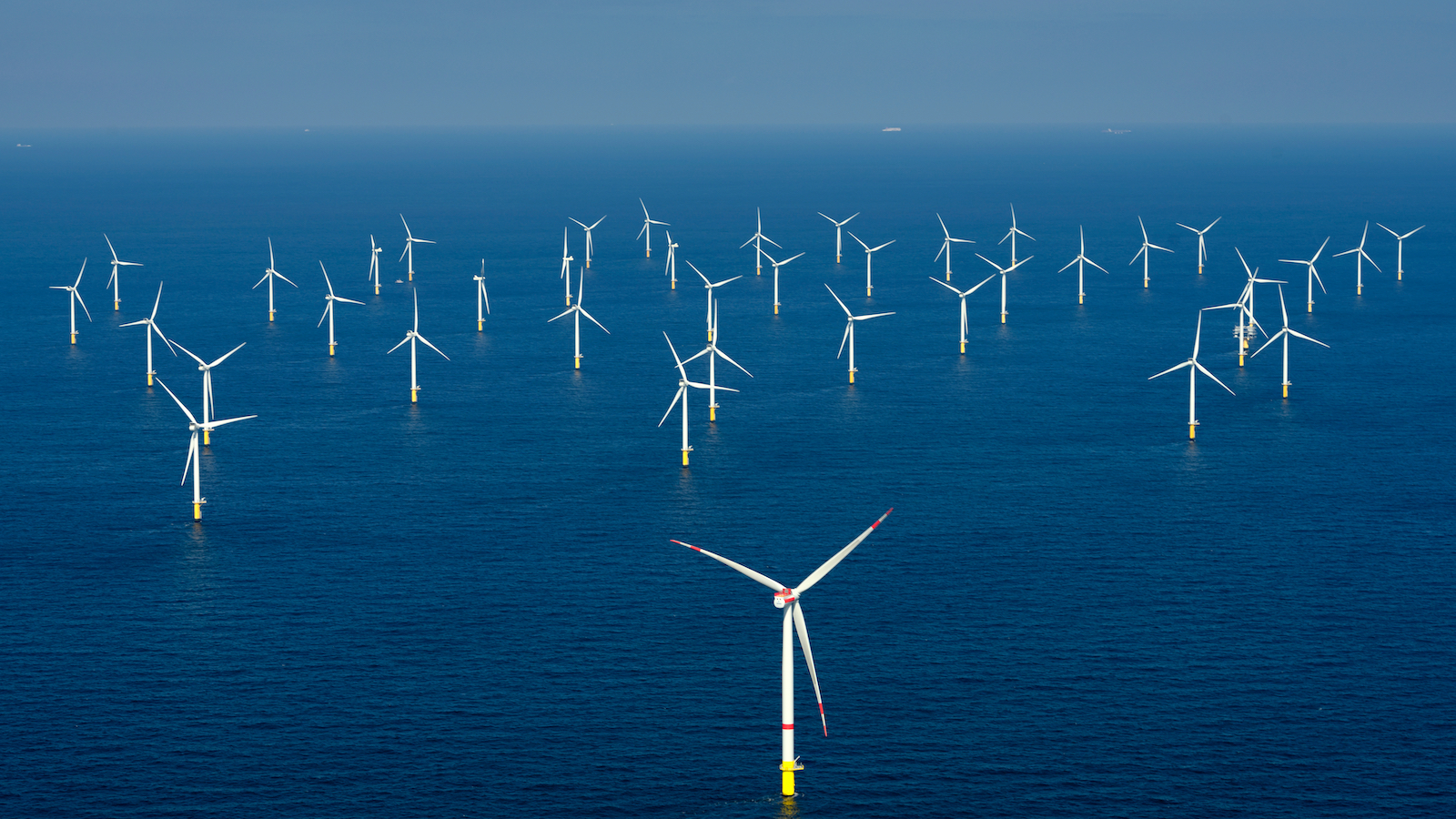
Clean Energy for Virginia
From severe storms to unhealthy air days and rising seas that put our coastal communities at risk, Virginia is already facing the impacts of global warming. These consequences, and others, will only grow worse unless we cut the carbon pollution fueling global warming and continue Virginia’s transition to 100% renewable energy.
In 2023, Environment Virginia supports:
- Protecting Virginia’s commitment to capping carbon emissions and transitioning 100% clean energy. In order to reduce pollution that harms our environment and our health, we oppose any attempts to roll back the Virginia Clean Economy ACT (VCEA) or participation in the Regional Greenhouse Gas Initiative (RGGI).
- The VCEA commits Virginia to 100% clean energy by 2045 and requires utilities in Virginia to develop the renewable energy needed to get there.
- RGGI puts a cap on carbon and since fully joining the program in 2020, generates revenue through carbon auctions with other participating states. This allows the Commonwealth to invest a significant portion of auction revenue in projects that directly benefit Virginians, such as energy efficiency, flooding resilience, clean transportation, and renewable energy development.
- Electrify Virginia’s buildings. Virginia lags behind when it comes to modernizing and electrifying our buildings. Updating our building codes and providing rebates and incentives to electrify and make our buildings more efficient can have a big impact on how we use our energy and how much we use.
- Expanding distributed solar in Virginia. While solar has seen success at the utility level, the barriers to distributed solar have hindered its full expansion. Currently the Renewable Portfolio Standard only requires 1% of small scale solar. We support expanding distributed solar and breaking down the barriers that limit customers’ access to small scale as well as utility scale solar.
- Becoming an offshore wind leader. Virginia is on its way to make history in offshore wind with Dominion’s Coastal Virginia Offshore Wind project and the recent announcement of the first wind turbine blade facility in the US. We support the development of wind farms off the coast of Virginia and the adoption of measures that expedite the development and launch of an offshore wind industry in Virginia.
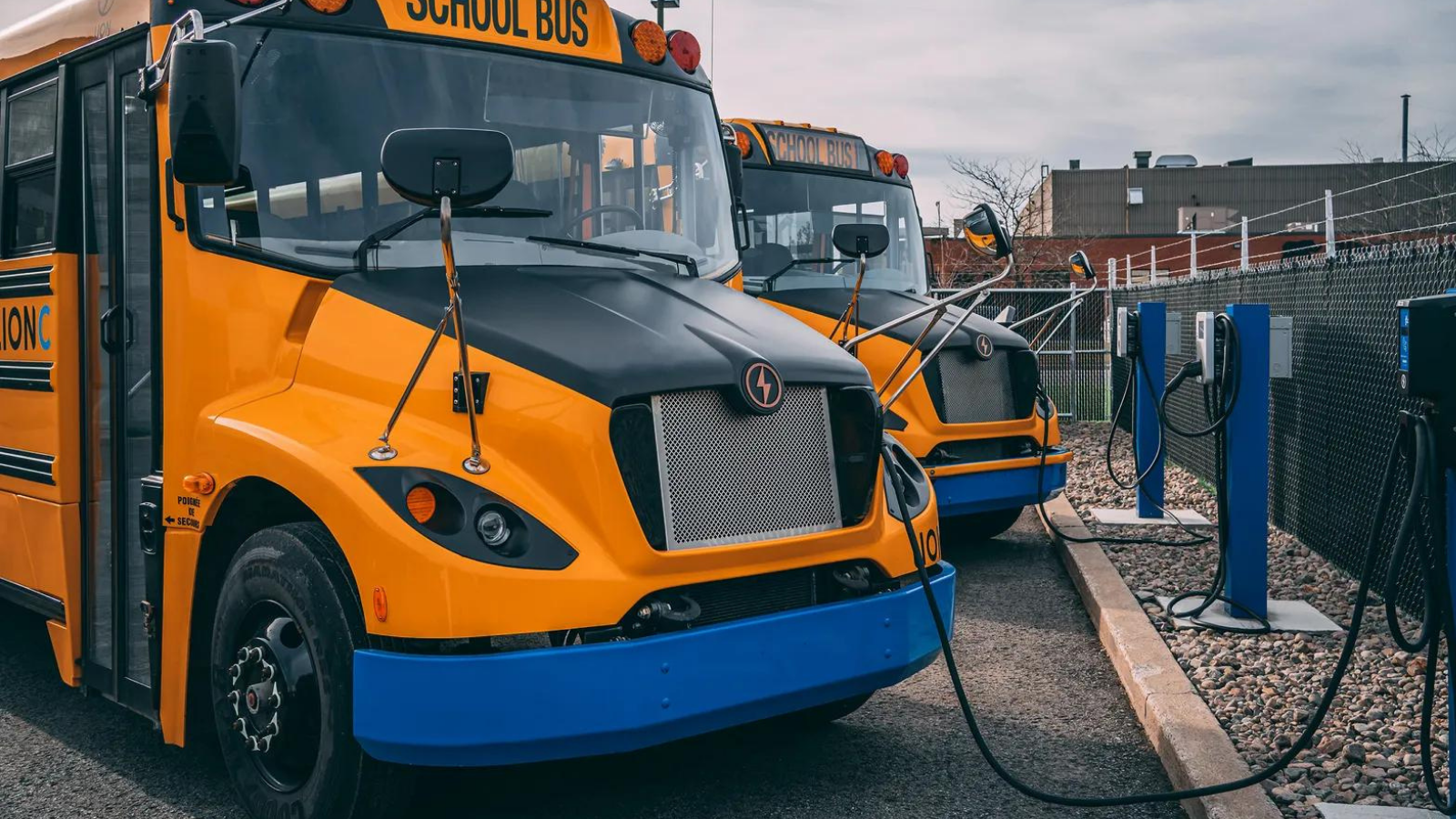
Clean Transportation for Virginia
Transportation is now the top contributor of carbon pollution in Virginia resulting in increased dirty air days, health risks and global warming. Virginia has made progress with investments in rail and the adoption of Advanced Clean Car Standards to increase low and zero emission vehicles and in 2022, Congress passed the Infrastructure Investment and Jobs Act as well as the Inflation Reduction Act which include significant money for states to decarbonize transportation. We need to protect this progress and continue to pursue opportunities and funding to transform how we get around if we are going to starve off the worst impacts of climate change.
In 2023, Environment Virginia supports:
- Protecting Advanced Clean Car standards. Virginia became the 11th state to pass stronger clean car standards for new vehicles and adopted the Zero Emissions Vehicle (ZEV) program which would require manufacturers to increase the number of electric vehicles sold here in Virginia. We must protect this program and ensure implementation.
- Electrifying Virginia’s transportation. We support adopting requirements to electrify state vehicle fleets and providing funding and incentives for cities and counties to purchase electric vehicles including transit and school buses. We also support incentives for individual consumers to purchase EVs, including rebates and expanded charging infrastructure.
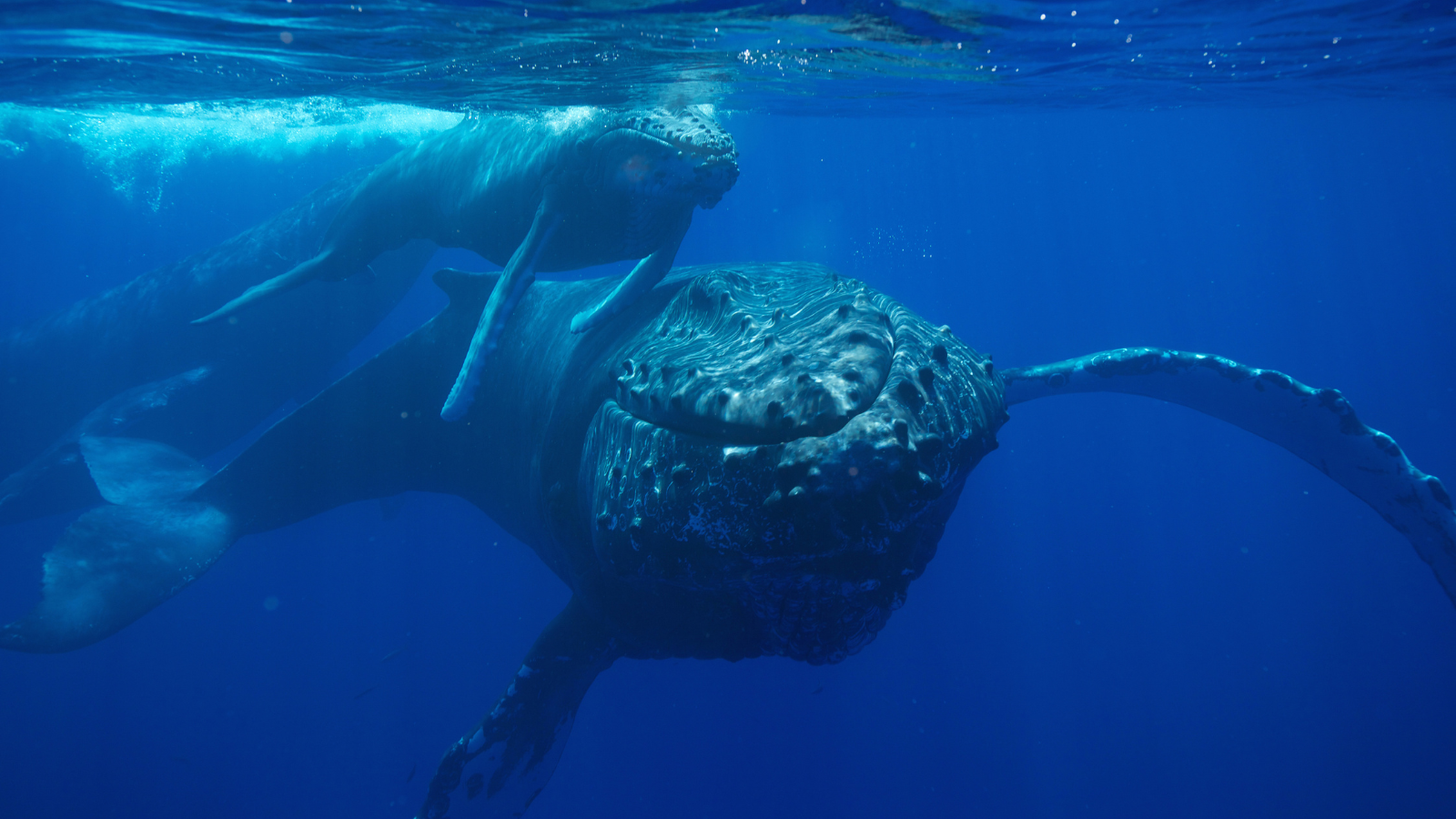
Protecting Oceans and Coasts
Oceans cover more than two-thirds of the earth’s surface and contain the richest variety of life on the planet but are threatened by offshore drilling, coastal pollution, and climate change. Several of Virginia’s top industries including military, fishing and tourism deeply depend on healthy beaches and coastal waters. We must protect Virginia’s beautiful coastline in order to protect our coastal resources and communities.
In 2023, Environment Virginia supports:
- Prohibiting offshore drilling activities off Virginia’s coast. Offshore drilling is harmful to ocean wildlife, coastal communities and industries. We support continued measures that prohibit seismic exploration, drilling infrastructure, offshore drilling and other destructive activities in Virginia’s coastal waters.
- Investing in a resilient and vibrant coastline. A healthy coastal ecosystem is essential in reducing the impacts of flooding from sea level rise and extreme weather. We support the investment in programs that work toward a resilient coastline to lessen the impact of sea level rise, eroding beaches and persistent flooding.
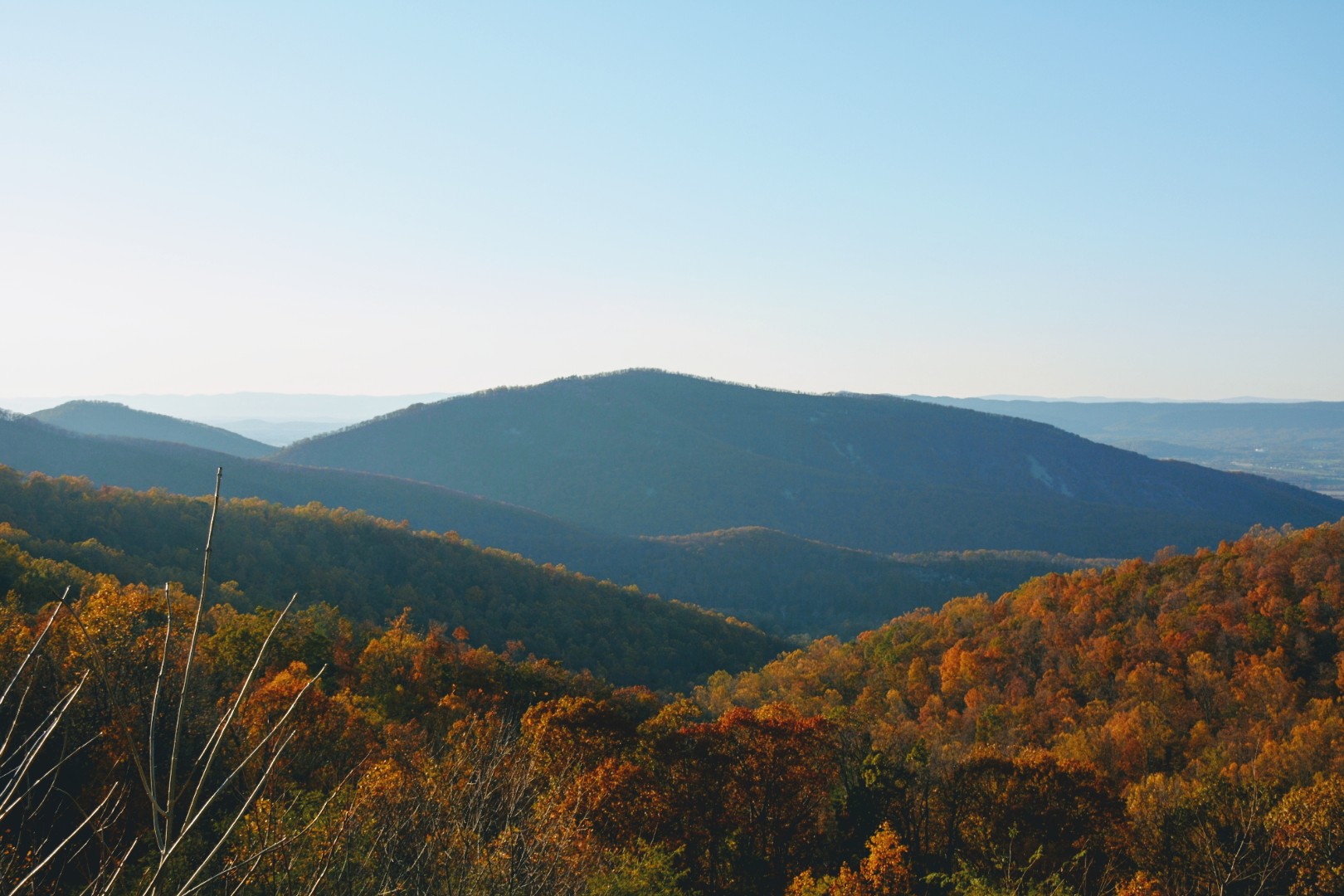
Protecting More Nature in Virginia
People need nature. Yet every minute, two football fields worth of the country’s natural lands are lost. We’re losing forests, grasslands, and places to get out into the great outdoors to see wildlife, hike, climb, camp, fish and hunt. Scientists recommend that we need a plan to protect 30% of our land by 2030 and 50% by 2050. In the U.S., we are currently protecting 12% of our land, so we need to more than double the amount of protected land over the next decade, especially areas that best protect biodiversity and wildlife.
In 2023 Environment Virginia supports:
- Protecting 30 percent of nature by 2030 through federal, state and local leadership and action.
- Establishing permanent conservation funding such as a state Land and Water Conservation Fund to increase conserved land and trails as well as fill gaps in current park system funding for staffing, maintenance and protection of new land.
- Ensuring Virginia’s Wildlife Corridor Act creates and protects habitat connectivity throughout the Commonwealth and there is sufficient funding to study, identify and establish locations.
- Protecting the Chesapeake Bay and improving the health of its ecosystems. Virginia has made a lot of progress to clean up the Bay but there is much more to do. Ensuring monitoring, resources and coordination as well as addressing agricultural runoff is essential to improving the health of the Chesapeake Bay and meeting our 2025 clean up goals.
- Establishing a Chesapeake Bay Recreation Area in order to bring more collaboration and resources to the Bay by becoming a part of the national park system.
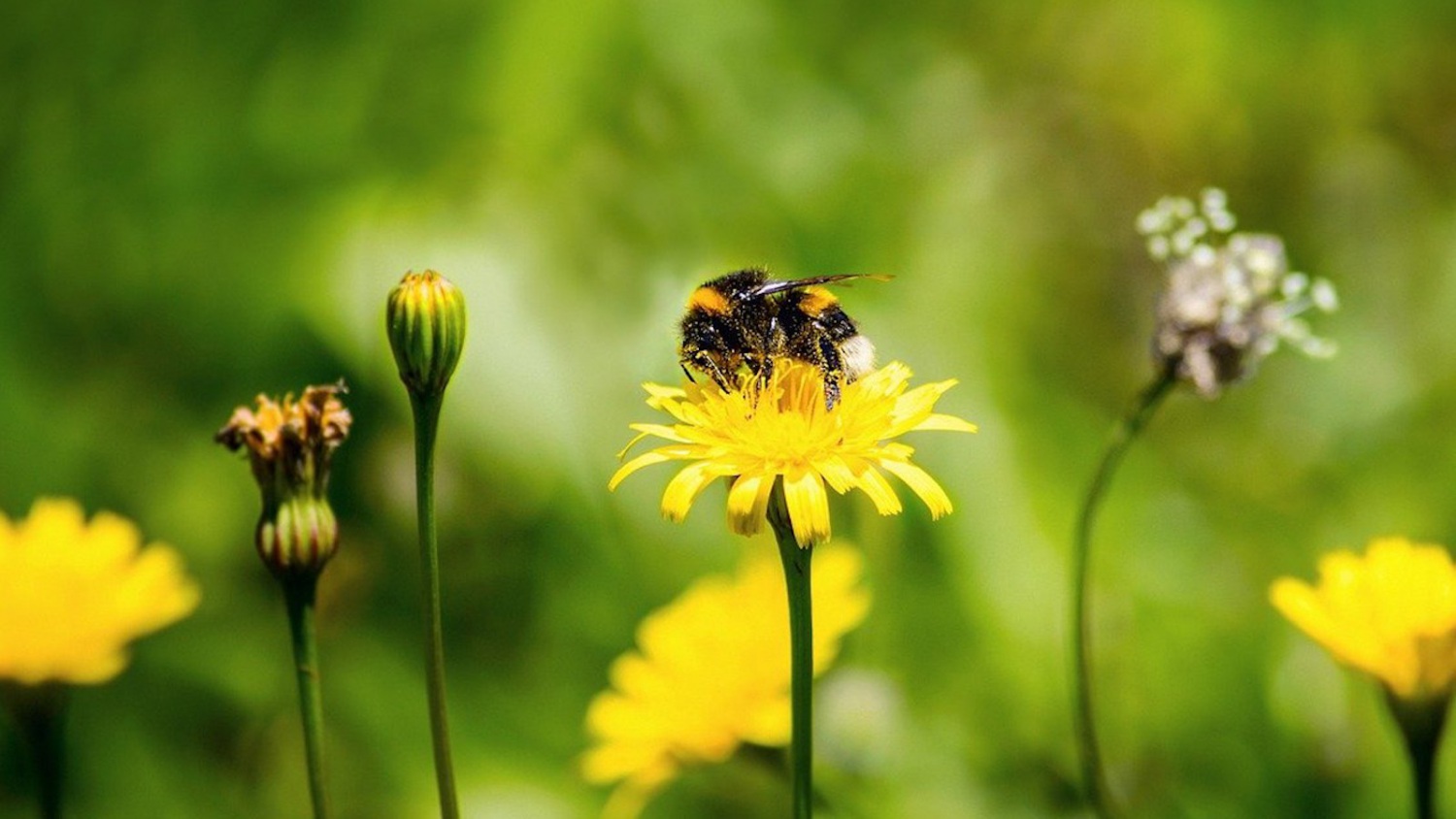
Save the Bees
Bees are dying off at an unsustainable rate, with serious consequences for our natural world. They play a vital role as pollinators, and losing them would have a devastating ripple effect across all ecosystems. That’s why we’re working to expand bee habitats and stop the use of bee-killing pesticides.
In 2023, Environment Virginia supports:
- Protecting our bees and other pollinators by banning neonicotinoids, a bee killing pesticide.
- Incorporating pollinator friendly gardens and infrastructure in planning for new and existing development.
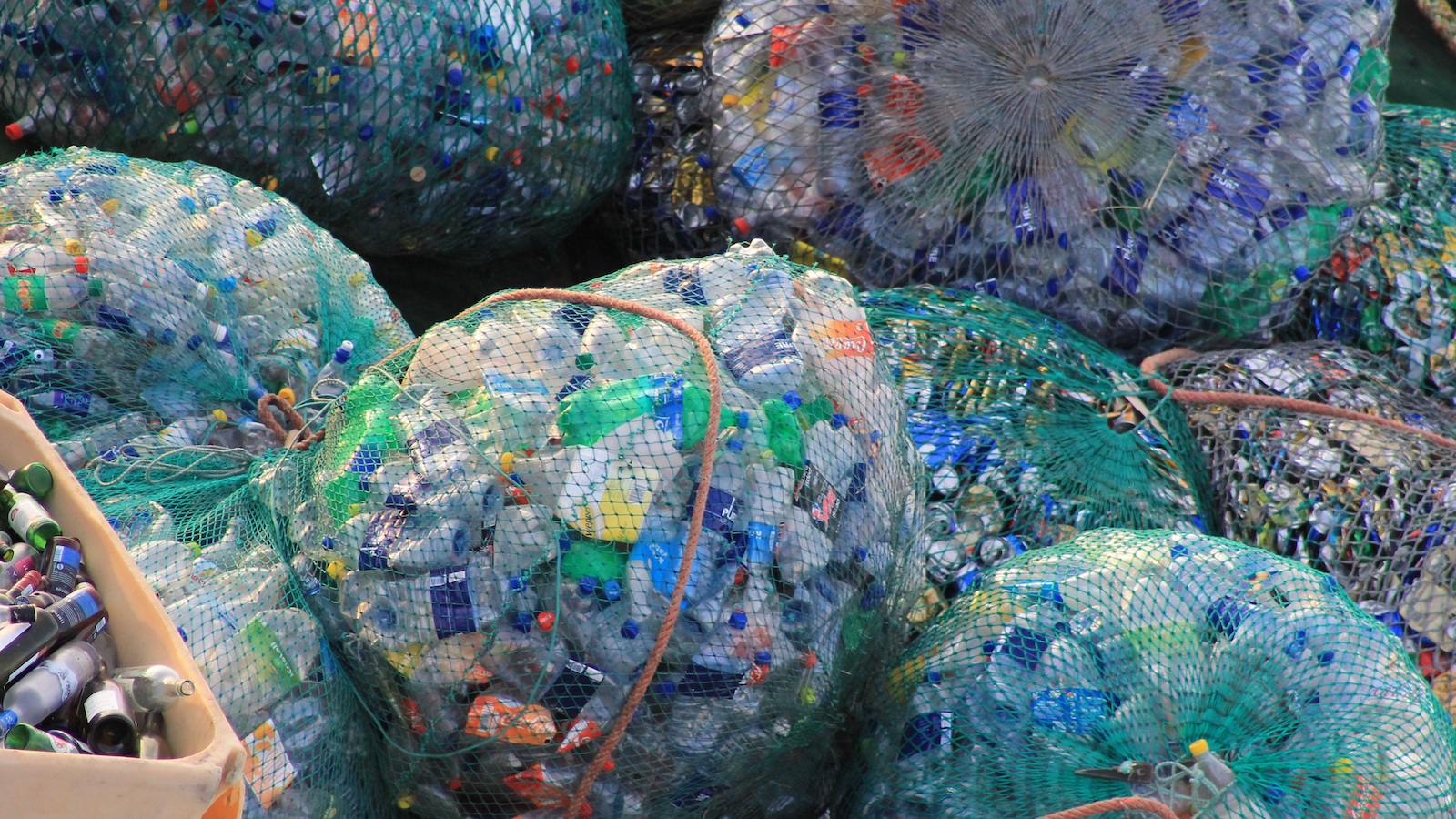
Tell your state representative: Support producer responsibility legislation
The plastic producers who are responsible for the pollution that threatens our environment should be held financially responsible for the waste they create.
Topics
Authors
Elly Boehmer
State Director, Environment Virginia
A former canvass director and organizer with Impact, Elly now directs Environment Virginia's efforts to promote clean air, clean water and open spaces in Virginia. Elly lives in Richmond, Virginia, where she enjoys gardening, photography, hiking and rollerblading with her dog.
Find Out More
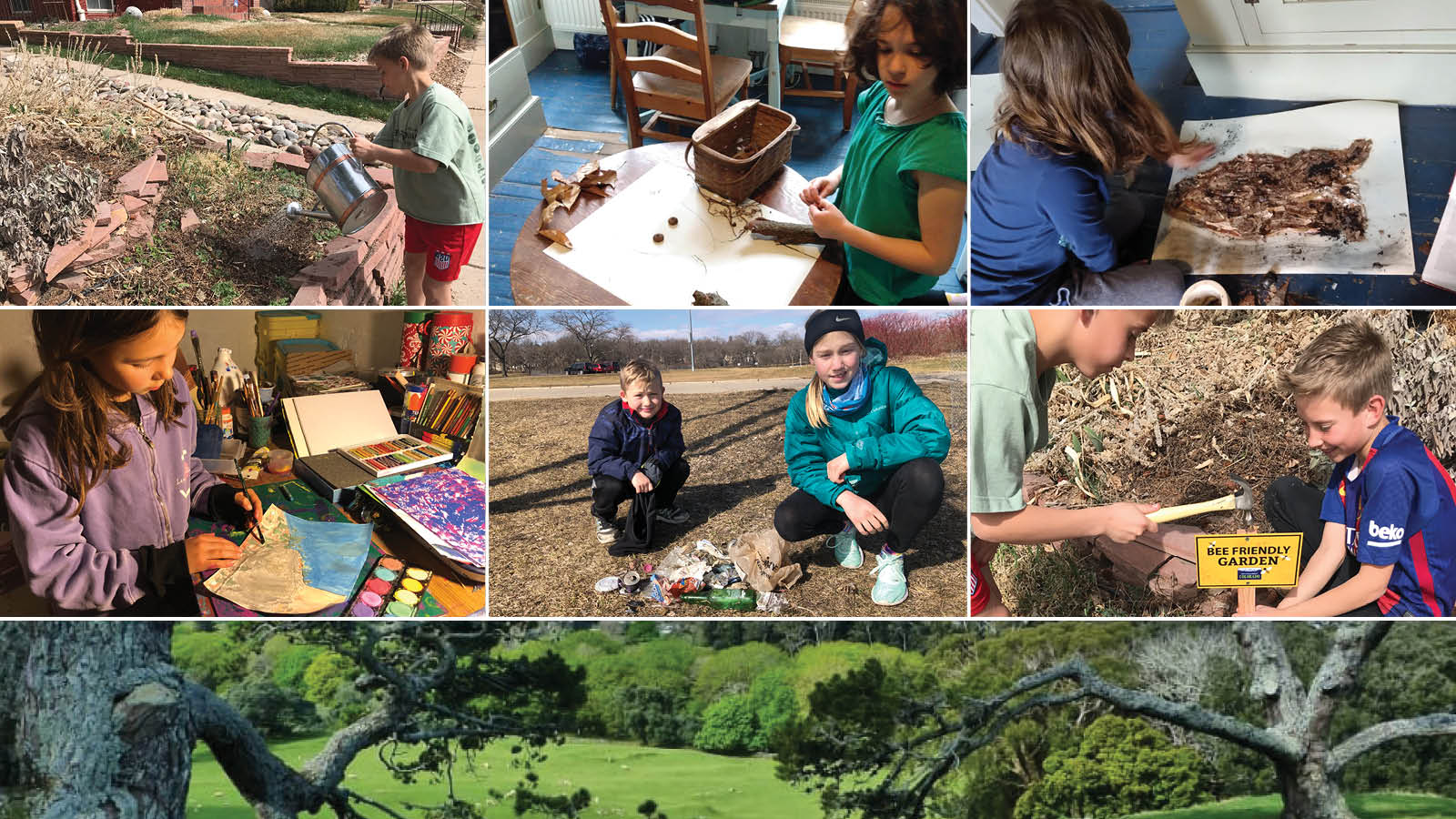
Nifty Fifty Activities
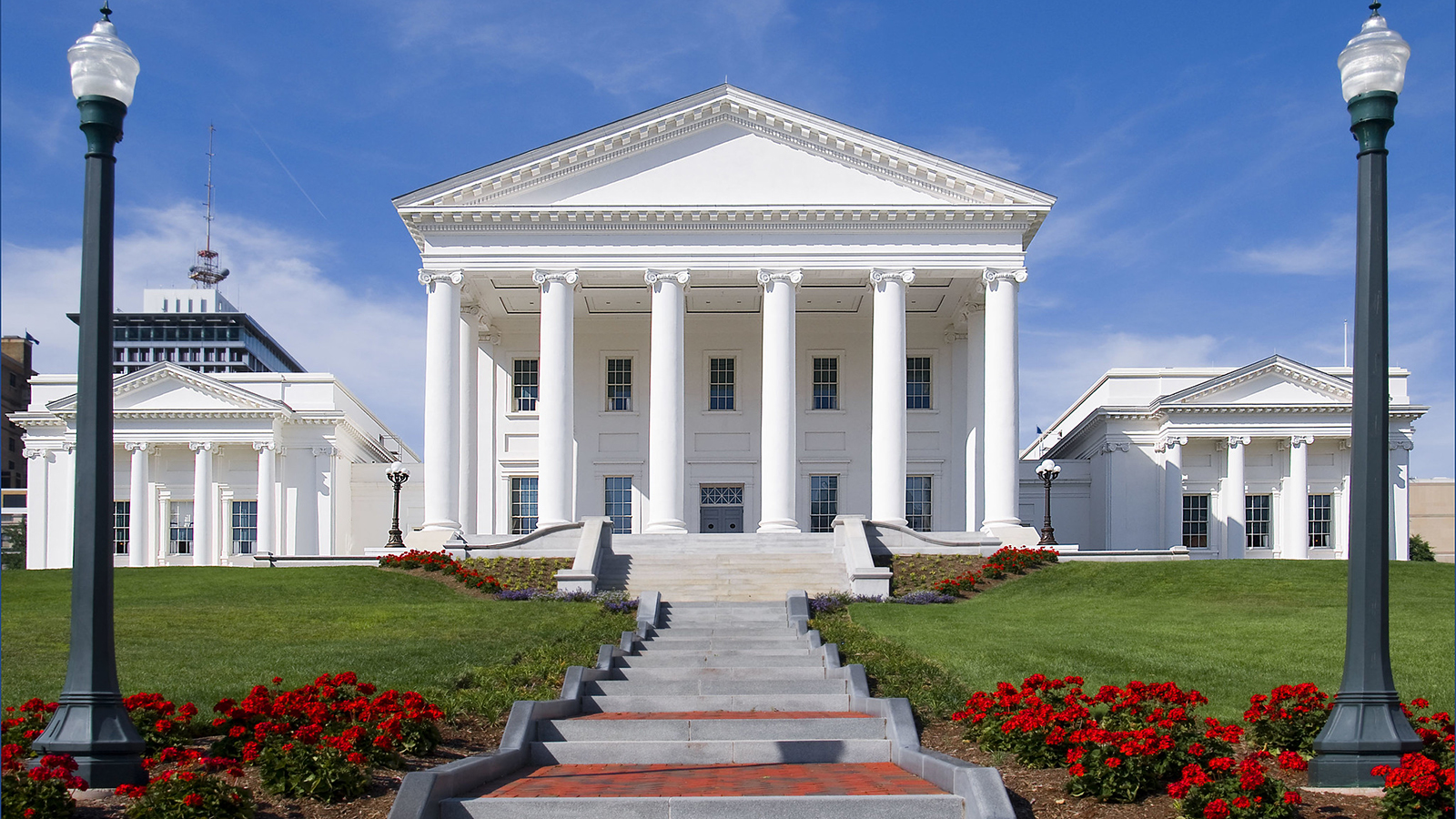
Environment Virginia’s 2024 Priorities

Green schools guide


